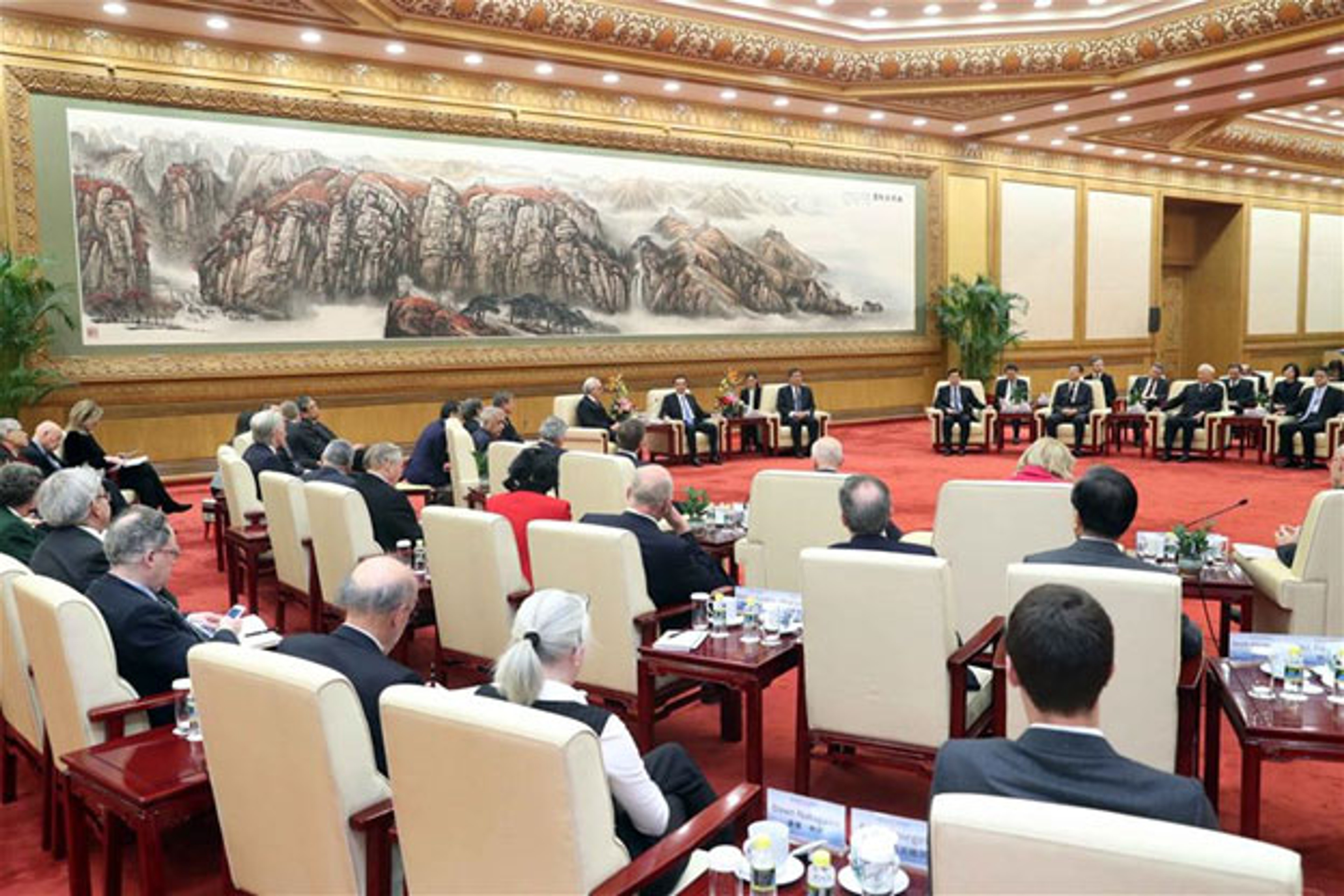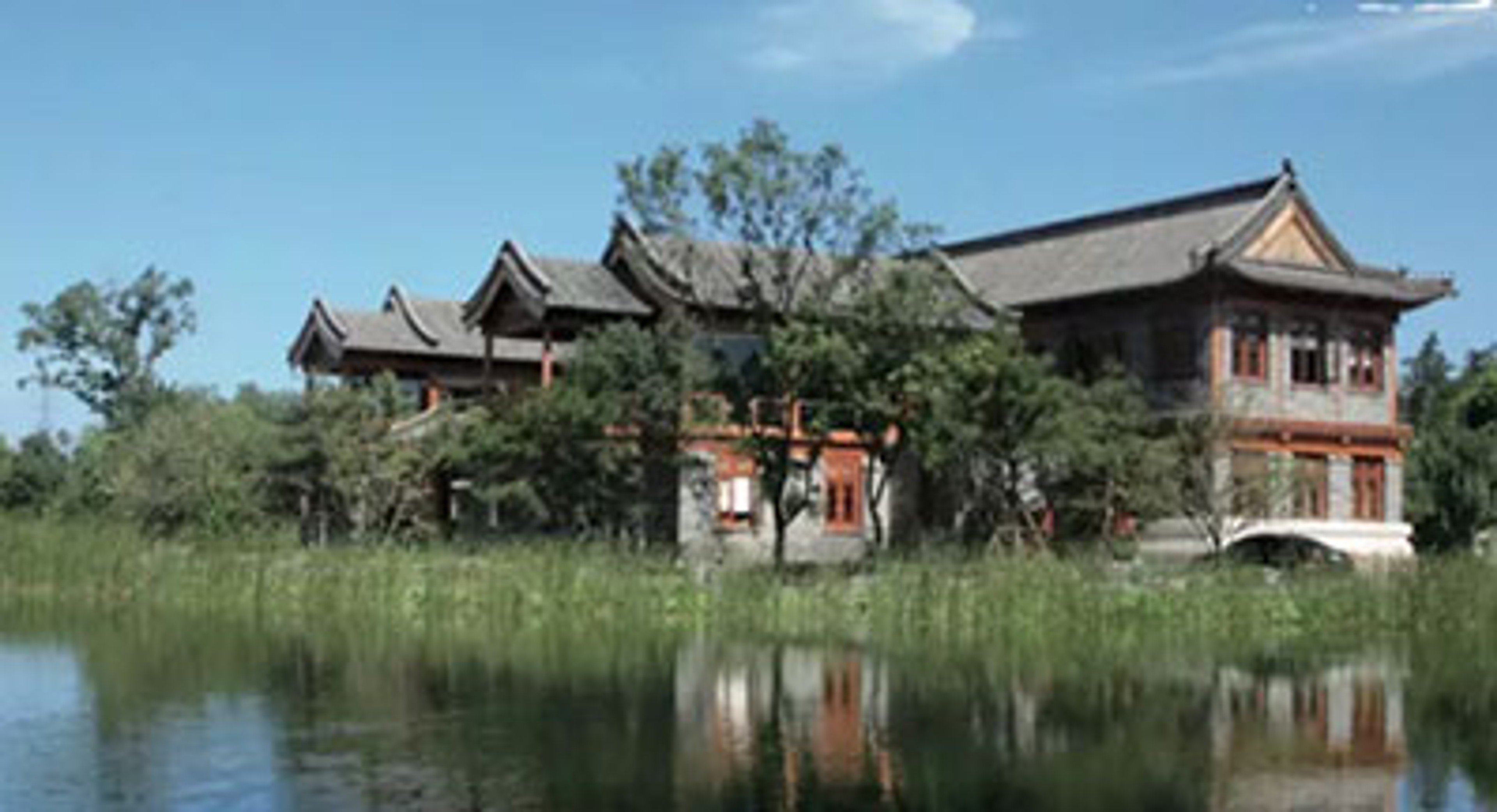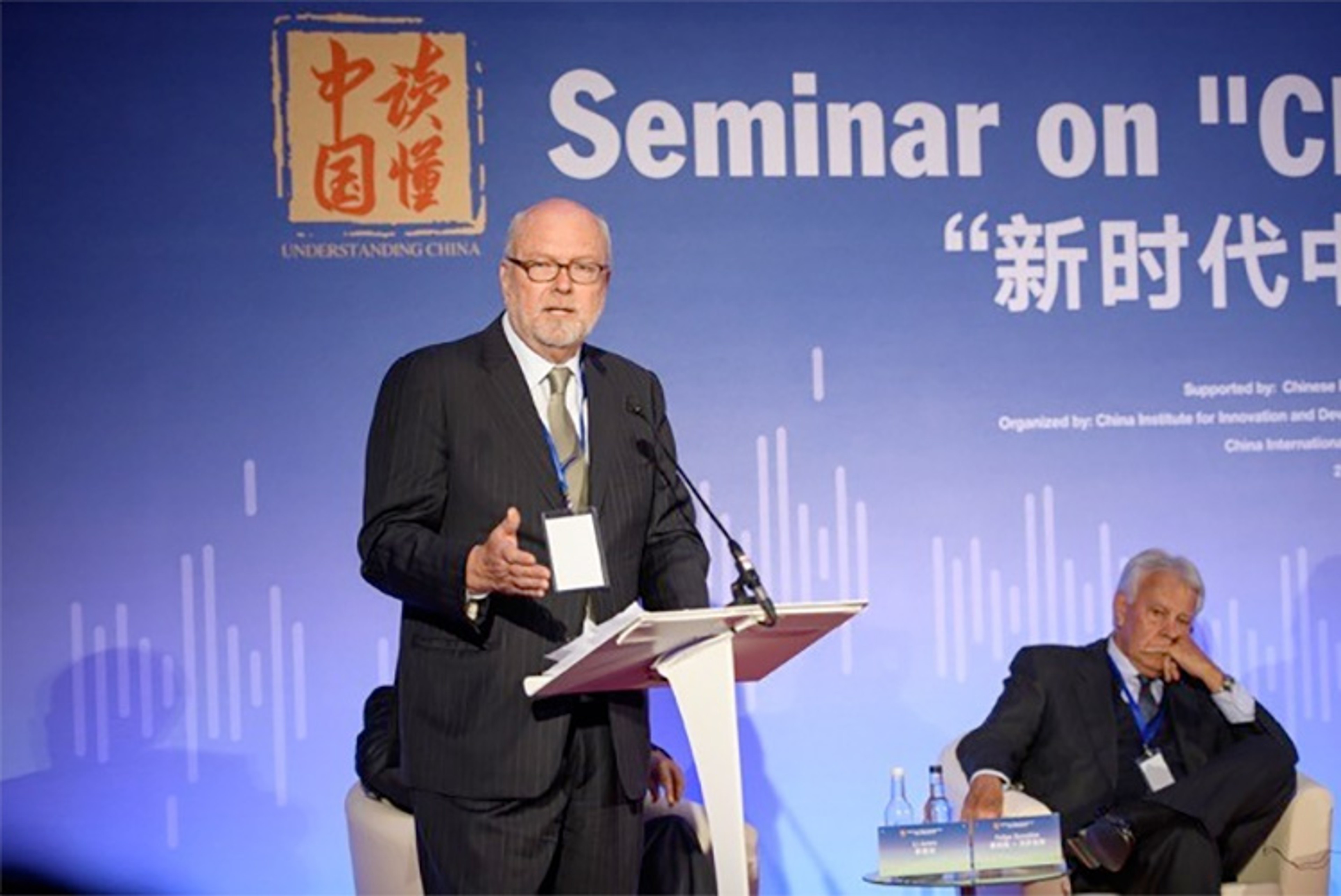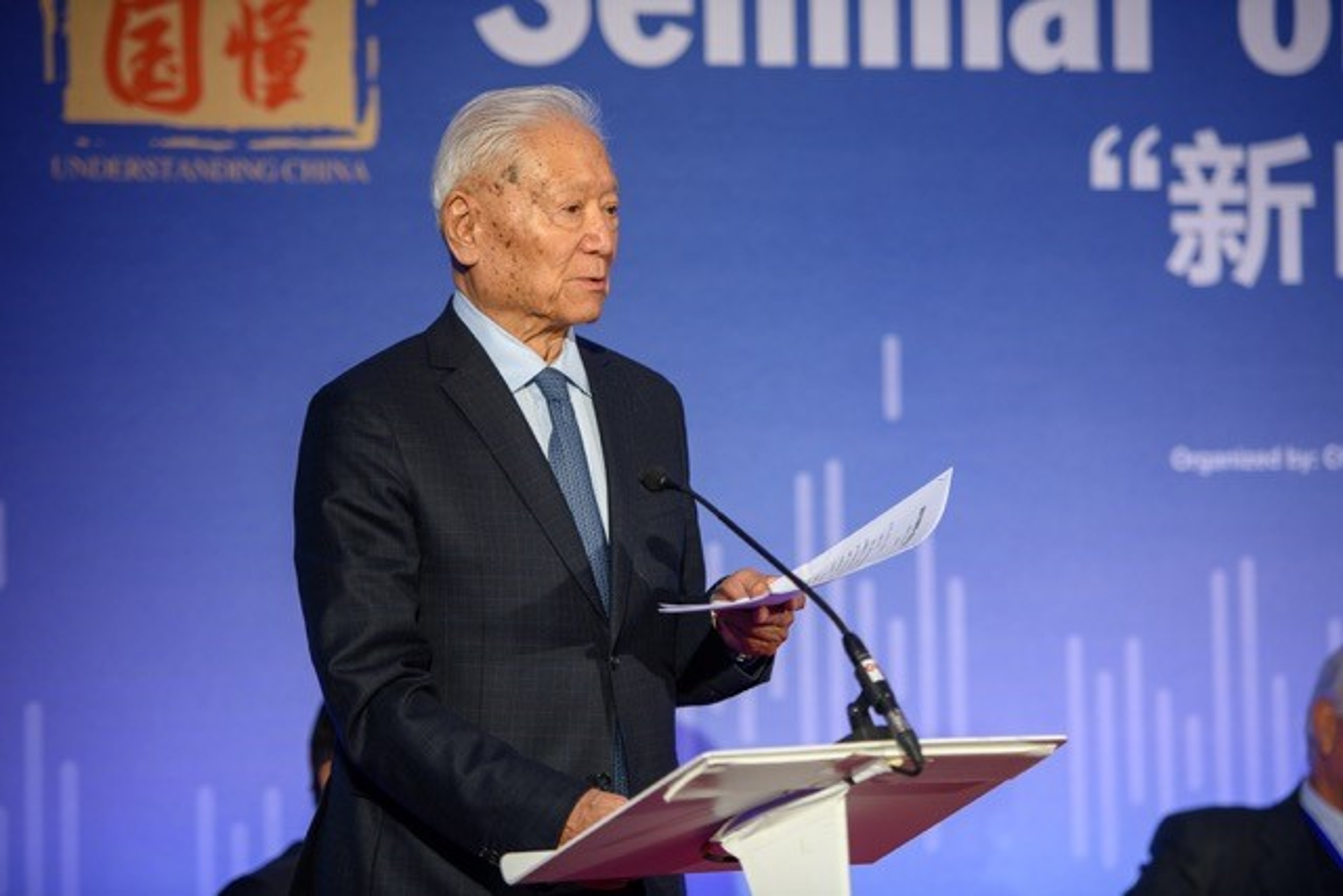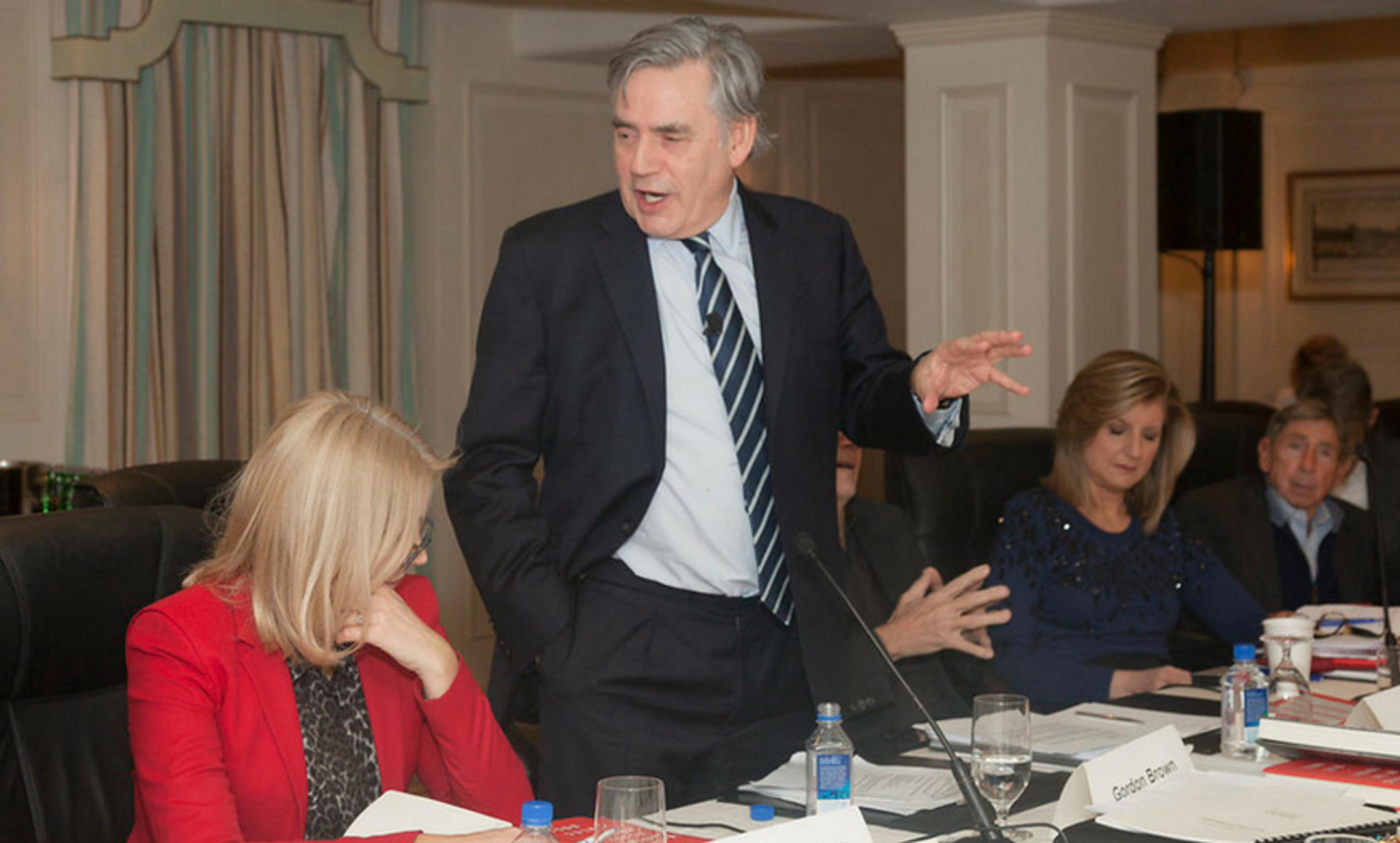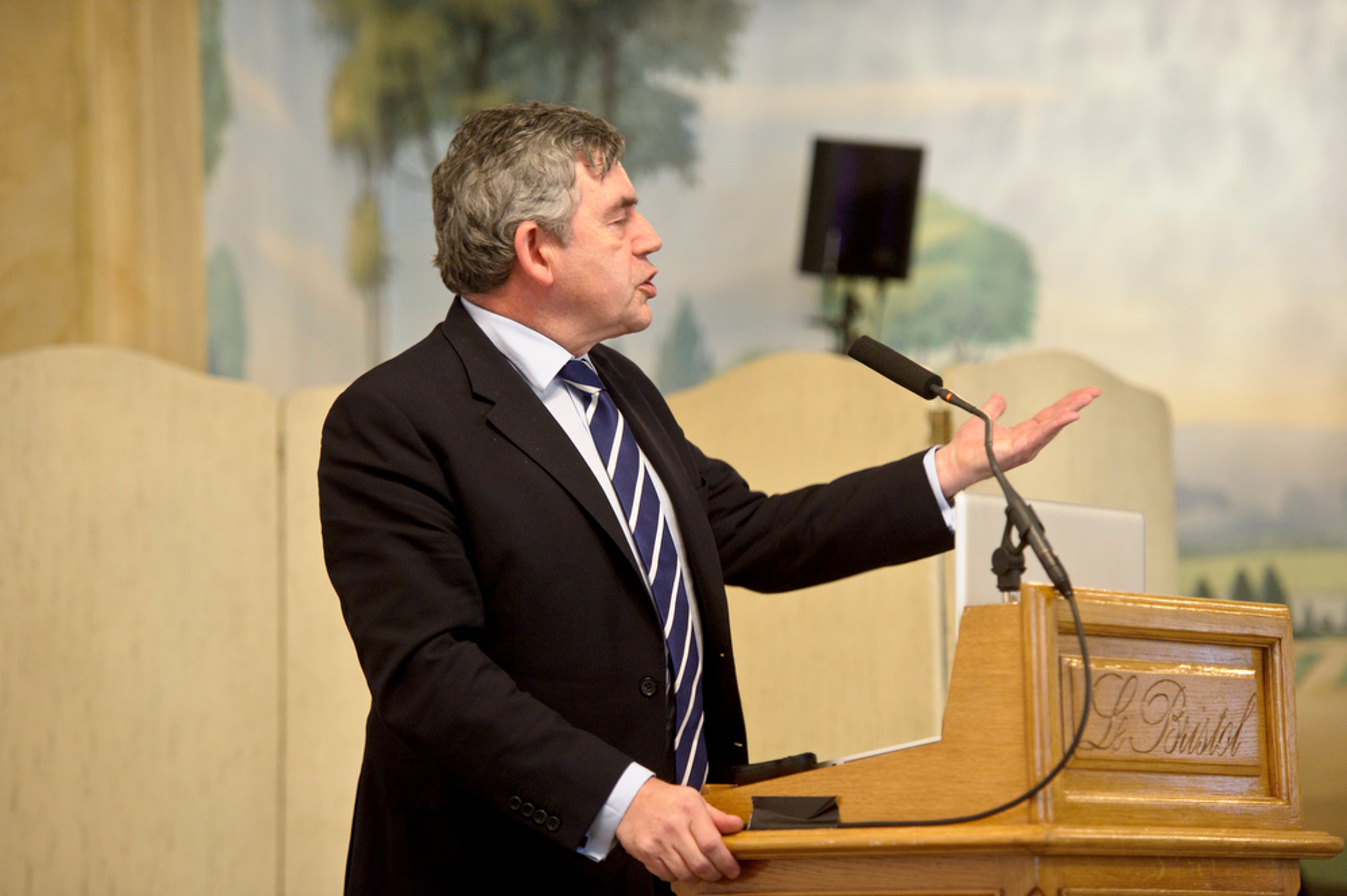Zurich 2013: 21st Century Council Welcomes New Members Nicolas Sarkozy and Aleksei Kudrin in Advance of G-20
At the end of January 2013, the Council met in Zurich to welcome new members Nicolas Sarkozy and Aleksei Kudrin and to prepare to send a delegation to meet Russian President Vladimir Putin in advance of the G-20 Summit being held in St. Petersburg in September.
The group also agreed to explore the possibility of issuing an annual “governance index” through the Berggruen Institute on Governance to create a benchmark on progress toward fulfilling G-20 global commitments as well as to objectively assess good governance practices across the diverse political and economic systems that comprise the G-20 countries.
Reflecting frustration with the inertia and lack of effectiveness of the G-20, the discussion centered on how to improve G-20 governance and procedures. The gathering agreed with the Russian substantive agenda for the G-20 Summit—jobs and inclusive growth through investment, fully implementing financial regulation and strengthening IMF surveillance of imbalances while completing the shift in IMF voting quotas toward emerging economies.
However, the Council noted these necessary items were also on the agenda the previous year in Mexico City and the year before, as well at the G-20 Summit in Cannes. The problem, it was agreed, is how to implement these policies. The procedure of the G-20 so far operates by consensus and has no follow through mechanisms. As a result, absent a crisis in the short term, nothing seems to advance.
To correct this perennial stall in global governance, members at the Zurich meeting recommended the following changes:
A QUALIFIED MAJORITY OR ‘OPEN
ARCHITECTURE’ INSTEAD OF CONSENSUS.
To regain its effectiveness, the G-20 should make decisions based on a qualified majority vote on all issues instead of a consensus. (Whether this qualified majority should be based on GDP is a question that should be debated).
A less contentious alternative would be an “open architecture” or “variable geometry” on voting that enables the formation of a “coalition of the willing” that varies from policy decision to policy decision.
Those who don’t agree won’t be bound to implement the decision. The right to abstain should replace the right to veto.
A PERMANENT SECRETARIAT.
Since each successive head of the G-20 pursues his or her own agenda, there is little consistent follow through or continuity. To avoid this tendency, a permanent secretariat should be
established. This secretariat—which would coordinate between previous, present and future G-20 chairs—may have a small staff, but should be headed by an internationally credible and renowned person, ideally a former head of state or government.
FOCUS AND MINISTERIAL CONFERENCES.
Focus is also needed on 1-3 key items at each summit. All else, and preparatory work on the key items, can be done in ministerial G-20 conferences throughout the year. The aim is both to dispense with lesser, yet important and technical issues, while clearing the agenda for the leader’s summit to focus on the hot and critical items.
THINK LONG SEMINARS.
Each year the G-20 president should organize “think long” seminars about issues not yet on the table but critical to sort out for global governance in the long-term. These can include such issues as a new global monetary system, re-measuring the way GDP or trade is calculated, energy and like issues. To enhance the legitimacy of the G-20, non-member states as well as scholars and civil society groups should be invited to these seminars. When Nicolas Sarkozy was G-20 chair, he held two seminars of this nature—the e-G-20 Summit on the digital future in Paris and one in China on the future of the global monetary system. These ideas were conveyed to President Putin and the other G-20 leaders at St. Petersburg.

